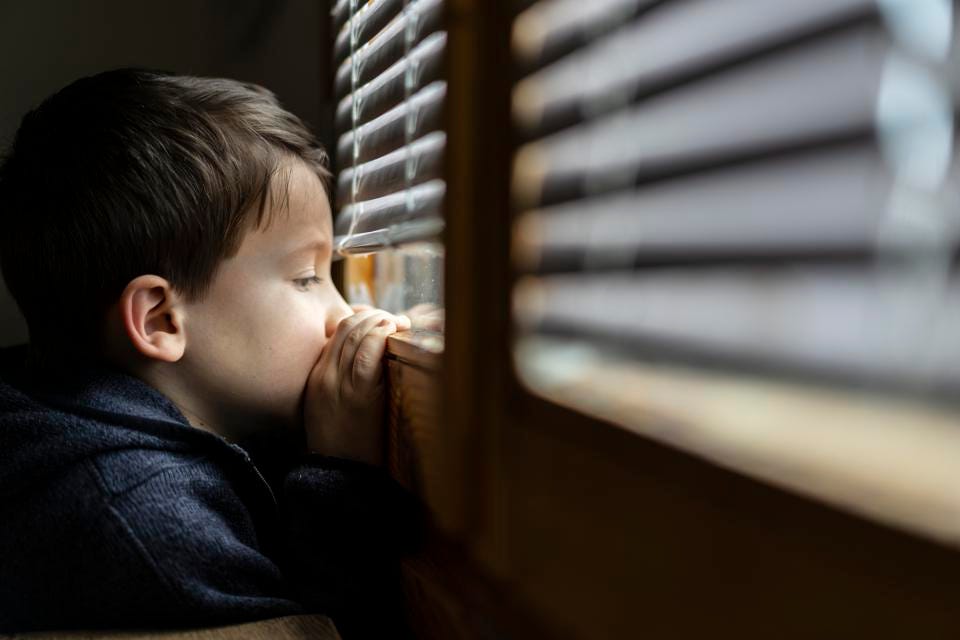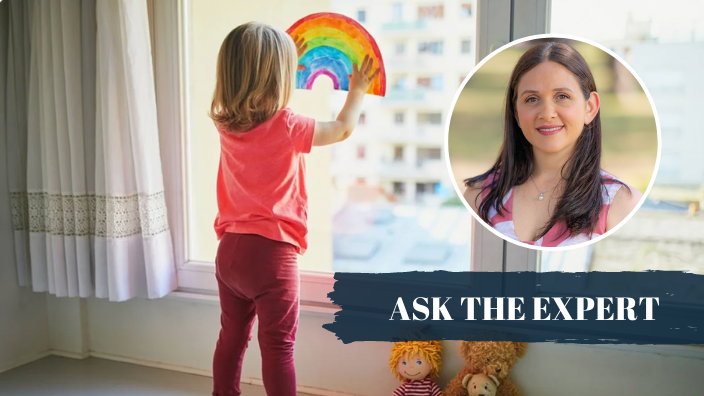By Forensic Psychologist Maria Fillipou
COVID-19, its Public Health Orders and restrictions, and the many uncertainties and risks associated with it, has exacerbated or triggered mental health issues for not only adults, but also children and teens.
Feelings of uncertainty, fear, anxiety, frustration, anger, restlessness, confusion, stress and sadness are normal and expected reactions given the current circumstances we live in, no matter what age we are. Let’s face it, times are tough at the moment, and it’s fair to say its ok to not be ok right now.
Children may be clingier, demanding, needing more attention and reassurance, and teens angrier, withdrawn, and/or volatile.
It can make parenting even more challenging and for this, it is important now more than ever that parents first check in with themselves on how they are feeling and coping, what their needs are, and what they can do to offset their stresses.
Heightened parental stress reduces parents’ capacity to be sensitive, empathic and responsive to children’s emotions and needs in a manner needed to best support children’s resilience and positive adjustment.
Children mirror parent’s emotional states and its normal for them to be sensitive and pick up on parent’s feelings.

Here are some strategies that can be helpful to children’s mental health and wellbeing:
- Keep to a Routine: Keeping regular routines around wake, bedtime, and meals, and planning their day so it accommodates the competing demands of chores, activities you all enjoy, fun and rest, adds structure and with this, predictability. Structure and predictability contribute to children’s sense of safety and control during stressful circumstances.
- Limit media exposure: Media content is designed to be informative for adults, so it is best to limit media exposure. Children can misinterpret this content and it can cause unnecessary anxiety, confusion and worry for them. It is also best to limit children’s exposure to adult conversations about media content as it is also developmentally inappropriate for children.
- Emotionally check-in: Ask your child how they are feeling; what are their challenges, what are their worries. Choose opportunities to have such discussions in an informal way, and also have more than one of these discussions. Encourage your child to ask questions and answer then truthfully using language they will understand and is simple. Acknowledge many people are worried about COVID-19. Guidance on talking to children about COVID-19 can be found on the Australian Childhood Foundation, Unicef, and Health websites.
- Get outdoors and exercise: Incorporating daily exercise in children’s routine is good for their body and mental health.
- Have healthy balanced meals: Let’s face it, we have all been indulgent during lockdown. Try your best to keep to a healthy diet. Having meal plans which limit high sugar snacks help as these foods can disrupt children’s sleep, digestion, mood, attention and energy levels.
- Maintain social connections: Social connection, especially for teens, is important for their sense of belonging, identity, coping, sense of worth and adjustment. They can stay in touch via Facebook, messenger kids, Facetime and other social media platforms given the current Health Orders and restrictions.
- Declutter and clean: It is important to spend time in an environment that feels good and safe. Having a structured and organised living space can help us feel better.
- Music Playlists: Keep playlists of music for different moods.
- Get enough sleep: Sleep is just as important to our bodies as eating, breathing, and drinking. It helps us to recover from mental exertion.
- Stress busters: Engage in activities such as journaling, meditation, deep belly breathing, walking in nature or being outdoors. Everyone copes in different ways. Headspace and ReachOut have tips for teens in having a healthy headspace. The Smiling Mind, Headspace, and Insight Timer app’s have daily meditation and mindfulness exercises.
- Increase your use of Positive Attention and be more present with your child: Spend time having fun with your child. Limit distractions. Observe their activity and deliberately praise their behaviour. Use language like “I love spending time with you”; “I’m so lucky to be your parent”; “I enjoy having fun with you”. It helps build positive relationships.
Useful links and contacts: Kids Helpline: 1800 551 800, Mental Health Line: 1800 011 511
*Maria Phillipou is a Forensic Psychologist and Director of Rise Up Psychological Services. You can contact Maria on 0434 953 353 or maria@rupsychology.com.au



